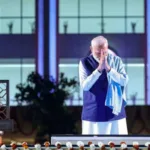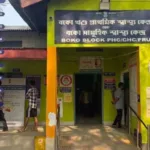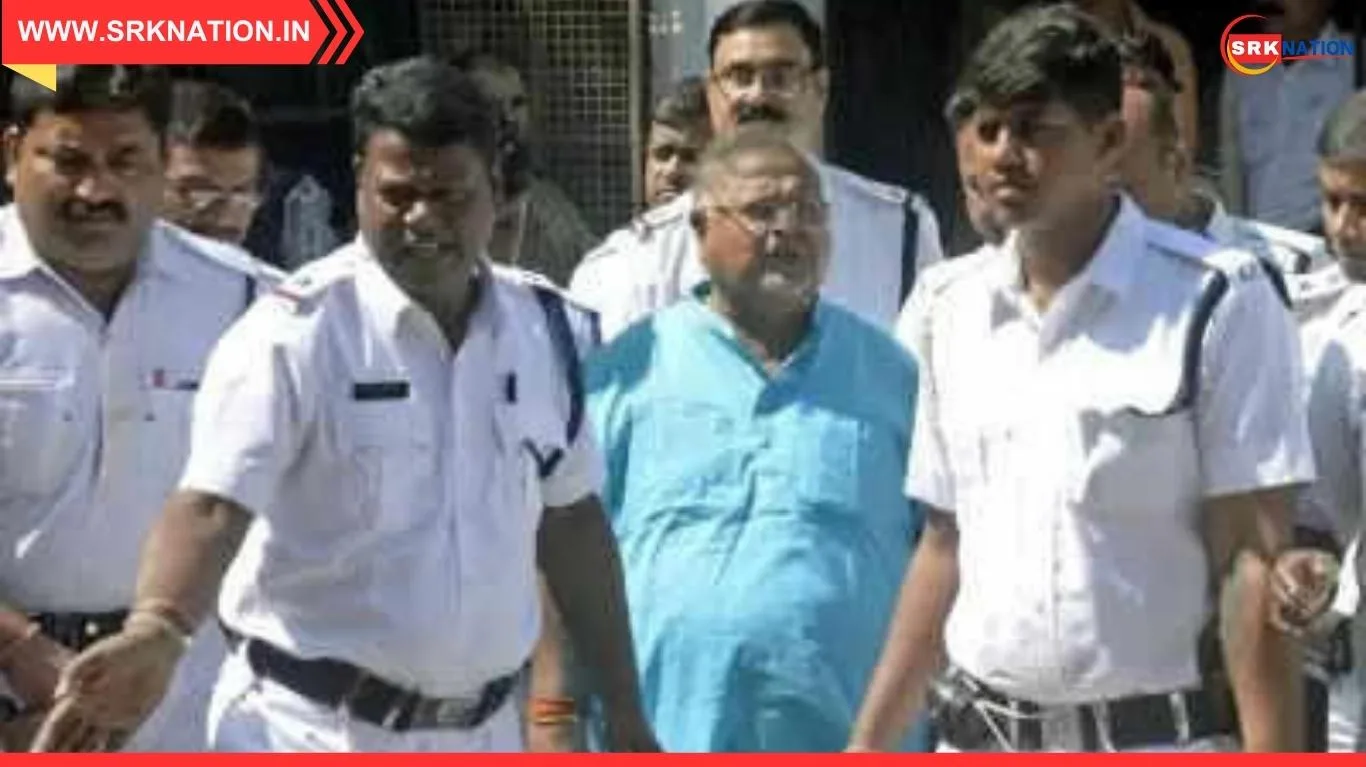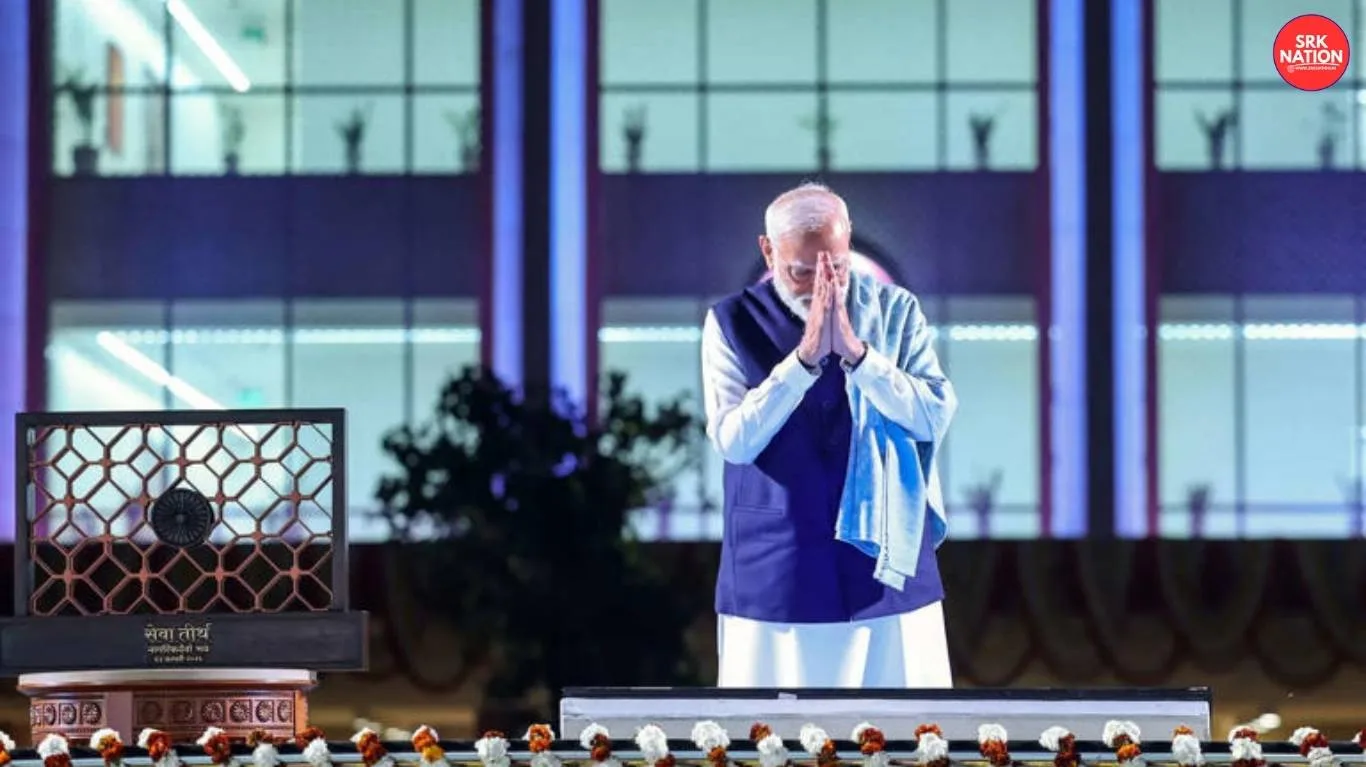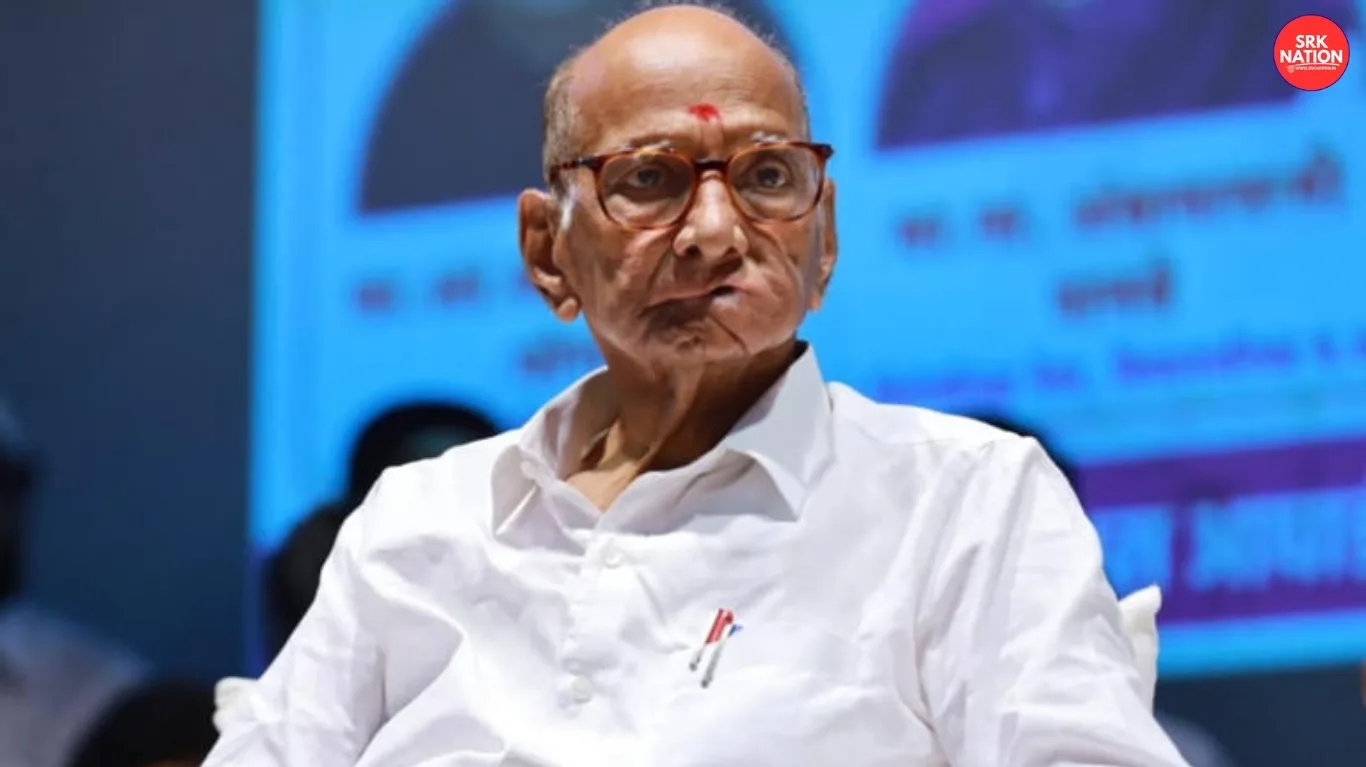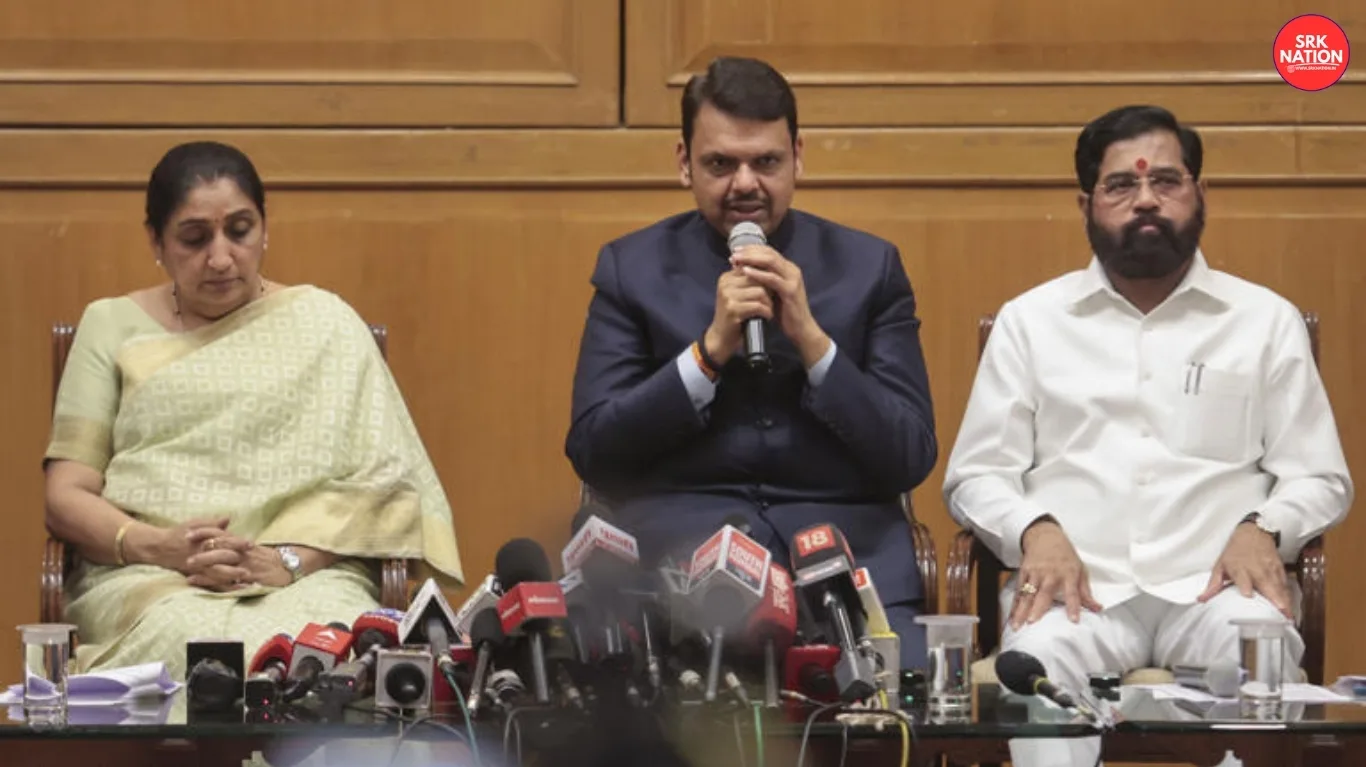In a dramatic turn of events, former West Bengal Education Minister Partha Chatterjee walked free on November 11, 2025, after spending over three years in judicial custody in connection with the multi-crore school jobs recruitment scam. His release marks a significant moment in one of the most high-profile corruption cases in Bengal’s recent political history.
Background of the School Jobs Scam
The scam, which came to light in 2022, involved alleged irregularities in the recruitment process conducted by the West Bengal School Service Commission (WBSSC). Chatterjee, then a senior Trinamool Congress leader and Education Minister, was accused of orchestrating illegal appointments of teachers and non-teaching staff in government-aided schools across the state.
The Enforcement Directorate (ED) arrested Chatterjee on July 23, 2022, following raids that uncovered large sums of cash and incriminating documents. The Central Bureau of Investigation (CBI) later took over parts of the probe, leading to multiple arrests and a prolonged legal battle.
Timeline of Key Events
| Date | Event |
|---|---|
| July 23, 2022 | Partha Chatterjee arrested by ED |
| August 2022 | Arpita Mukherjee, close aide, arrested |
| September 2023 | Calcutta High Court grants conditional bail |
| September 2025 | Supreme Court allows bail after witness examination |
| November 11, 2025 | Chatterjee released from custody |
Legal Developments Leading to Release
Chatterjee’s release was made possible after the completion of witness examination in the CBI cases. He had earlier secured bail in the ED cases, but the Supreme Court had deferred his release until all procedural requirements were met. On November 10, a special CBI court ordered his release, along with two other accused—former WBSSC chairperson Subiresh Bhattacharya and adviser Santi Prasad Sinha.
Chatterjee had spent the last 203 days in a private hospital in Mukundapur, Kolkata, citing deteriorating health conditions. His legal team submitted the bail bond, and he was officially released the following day.
Political Fallout and Public Reaction
The scam had a seismic impact on Bengal politics. The Trinamool Congress distanced itself from Chatterjee shortly after his arrest, removing him from ministerial duties and suspending him from the party. His release has reignited debates around political accountability and judicial delays.
Public sentiment remains divided. While some view his release as a procedural outcome of due process, others see it as a setback in the fight against corruption.
Financial and Investigative Details
| Asset Seizure | Amount |
|---|---|
| Cash recovered from Arpita Mukherjee’s residence | ₹49.80 crore |
| Gold and jewelry | ₹5.5 crore |
| Properties under investigation | 10+ |
| Total estimated scam value | ₹100+ crore |
The ED and CBI investigations revealed a complex web of financial transactions, shell companies, and property acquisitions allegedly linked to Chatterjee and his associates.
Impact on Education Sector
The scam exposed deep flaws in the WBSSC recruitment process, leading to:
- Cancellation of thousands of appointments
- Reforms in recruitment protocols
- Legal scrutiny of past selections
- Loss of public trust in education governance
Comparative Analysis: Political Scandals and Legal Outcomes
| Case | Accused | Duration in Custody | Outcome |
|---|---|---|---|
| WBSSC Scam | Partha Chatterjee | 3 years 3 months | Released on bail |
| Saradha Scam | Sudipto Sen | 9+ years | Still under trial |
| Narada Sting | Multiple TMC leaders | No long-term custody | Charges pending |
What’s Next for Partha Chatterjee?
While Chatterjee is now out on bail, the legal proceedings are far from over. He remains an accused in multiple cases and will face trial in both ED and CBI investigations. His political future remains uncertain, with no indication of reinstatement into the Trinamool Congress.
Conclusion
Partha Chatterjee’s release after three years in custody marks a pivotal moment in the WBSSC recruitment scam saga. As legal proceedings continue and public scrutiny intensifies, the case serves as a reminder of the importance of transparency, accountability, and judicial diligence in public service recruitment.
Disclaimer: This article is based on publicly available information and court proceedings. Readers are advised to follow official legal updates for verified developments.




